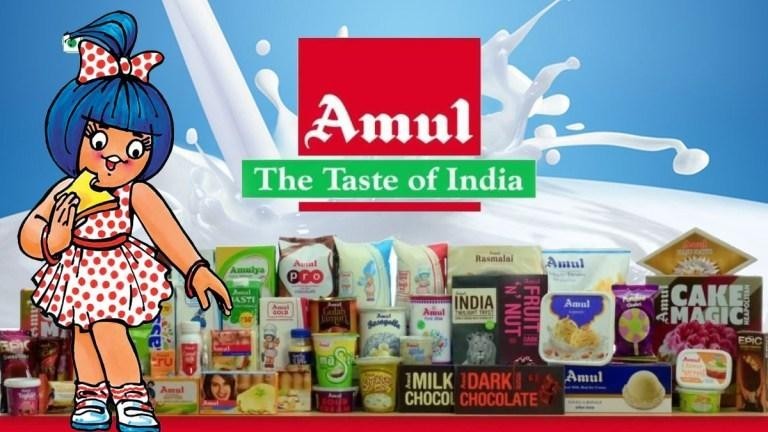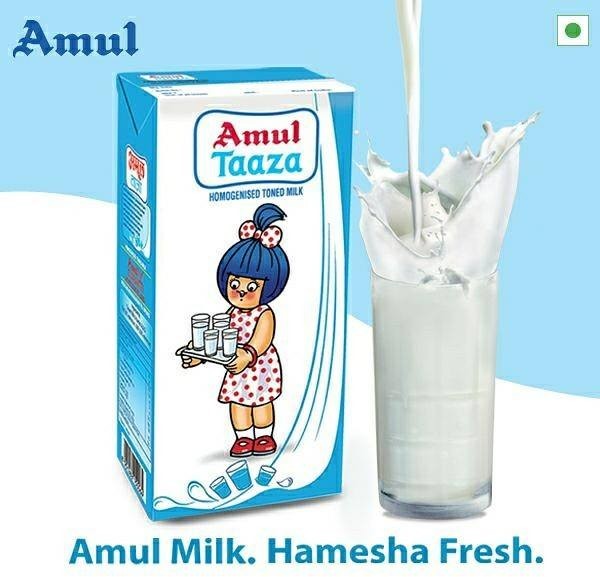Covid-19 was a period of stress for the whole Indian economy; some enterprises suffered significant losses and were forced to streamline their operations. On the other hand, Amul made a profit of 39,200 crores over this period. What exactly did Amul do to accomplish this? Let’s have a look.
Following the government of India’s announcement of the lockdown terms, some industries were given the green light to continue operating under the ‘Essential Services’ category. Amul continued to operate throughout the difficult times but faced a sharp drop in demand as cafes, restaurants, and hotels reduced their requirements. They brought in more than 20% of the organized dairy industry’s revenue. Despite this, Amul continued to increase output. Although this seemed like a huge gamble of thousands of crores, Amul had made a rational decision. Milk consumption increased dramatically as people were trapped within the four walls of their dwellings. Being on lockdown also fueled the popularity of ‘Homemade Foods,’ with many of the recipes requiring the usage of milk.

Apart from that, the growing threat of a pandemic prompted individuals to be particularly vigilant about their health. As a result, many consumers switched from buying loose milk to buying packaged milk. Amul was the only business that focused on boosting milk production; the rest of the industry cut back or stopped producing milk. Despite the closure of eateries, demand for milk-based goods increased dramatically. To satisfy the rising demand, Amul had to hire many more plants from companies that had decided to temporarily or permanently close their factories. Another stumbling block was the government’s limits on road transportation, which resulted in a labour and driver shortage. To address this issue, Amul used rail transportation to assure that they could supply across the country.
The strategic alliance that Amul formed with IBM in 2009 is the reason why they were able to effectively manage such a large supply chain. IBM established a full-fledged digital system to trace every detail of Amul’s supply chain thanks to Amul’s investment in the company. This allows Amul to gain a complete picture of the present supply chain situation, including demand density, the availability of idle vehicles and factories, and whether or not capacity can be increased as needed. This greatly aided Amul during the shutdown, as they were able to shift resources from ice cream and frozen foods to milk distribution.

Amul made sure that everyone in the supply chain received incentives and that arrangements for their lodging and food were made to keep the personnel safe and healthy. Amul also purchased cow feed to assist farmers in overcoming the shortfall. Amul also worked with Zomato and Dunzo to guarantee that orders were delivered to customers’ homes. It drew a lot of attention from the media and generated a lot of sales.
During the shutdown, Amul increased its advertising budget dramatically, and they re-launched previous ads to generate a nostalgic sense. All of this added up to a large amount of sales for Amul.
